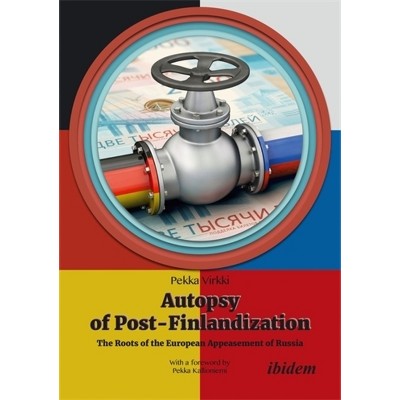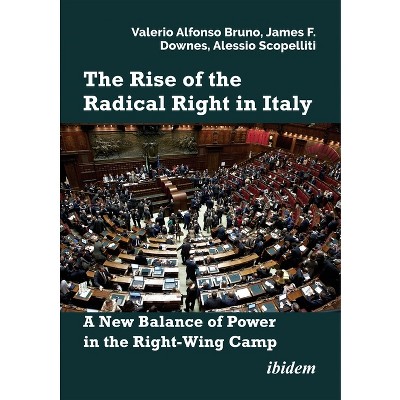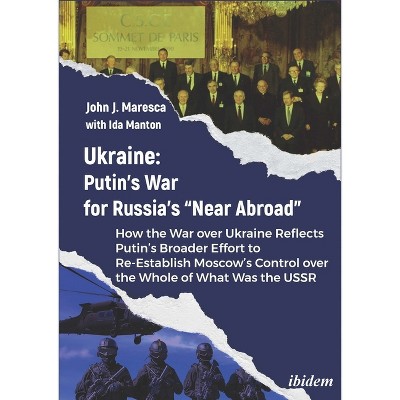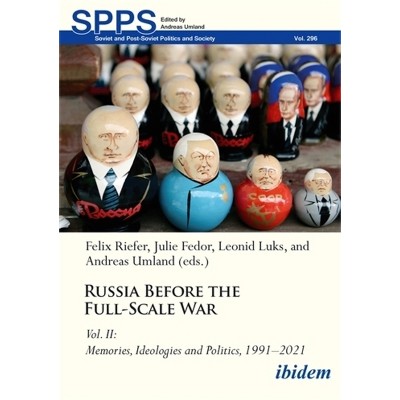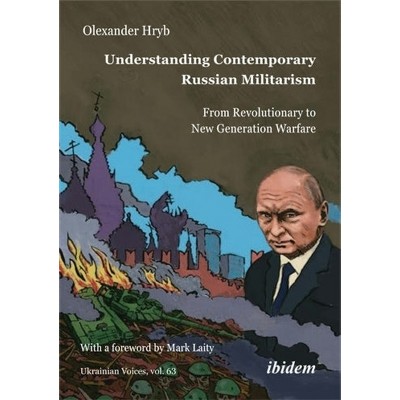History of Montenegro in Four Essays - by Zuzana Poláč & ková & Pieter C Van Duin (Paperback)

About this item
Highlights
- This scholarly work on Montenegro's history and its social, political, and cultural traditions eschews a conventional chronological framework, where each chapter might delineate a distinct historical era.
- About the Author: Zuzana Poláčková (Author) Dr Zuzana Poláčková studied History, Political Science in Bratislava at Comenius University and in Brno at Masaryk University.
- 210 Pages
- Political Science, World
Description
About the Book
This scholarly work on Montenegro's history adopts a thematic lens, delving into four pivotal themes that span an extended timeline.Book Synopsis
This scholarly work on Montenegro's history and its social, political, and cultural traditions eschews a conventional chronological framework, where each chapter might delineate a distinct historical era. Instead, the authors adopt a thematic lens, delving into four pivotal themes that span an extended timeline.
Montenegro's political and cultural development was intricately tied to migration flows and the emergence of broader multicultural dynamics across the western Balkans. Orthodox, Catholic, and Islamic communities, though often in contention, coexisted as integral groups within the region. Consequently, political and military strife, multicultural intricacies, and migration patterns emerged as the primary forces shaping the histories of both the western Balkans and Montenegro itself. Over the eighteenth, nineteenth, and twentieth centuries, the prospect of harmonious interreligious and interethnic coexistence steadily eroded, with Muslim Slavs and Albanians frequently targeted by the dominant Montenegrin faction. Montenegro charted its own distinct course toward modernity, unfolding at its own deliberate pace. Yet, with the restoration of independence in the early twenty-first century, the nation seized an opportunity to evolve its earlier, incomplete modernity into a more liberal form, paving the way for integration into the European fold.
Review Quotes
An innovative attempt to throw light on unknown Montenegro. Unfortunately, the problem of genocide is also part of the story. Migration, multiculturalism, political conflict, and war are indeed the main features of Montenegro´s history.--Leo Lucassen, Professor of Social History, University of Leiden, The Netherlands
The Western Balkans is undoubtedly one of the most interesting regions in Europe. Serbian nationalism, but also other South Slav nationalisms figure prominently even today. Montenegro is a special case in this context.--Dr Juraj Marusiak, historian and political scientist, Slovak Academy of Sciences, Bratislava, Slovakia
About the Author
Zuzana Poláčková (Author)
Dr Zuzana Poláčková studied History, Political Science in Bratislava at Comenius University and in Brno at Masaryk University. Since 2000, she is Senior Research Fellow, Associate Professor of History and Political Science at the Institute of History of the Slovak Aademy of Sciences, Bratislava, Slovakia. Her previous books include Portugal and Slovakia in Comparative Perspective: Essays on Iberian-Slavic political, social, and cultural questions (with Pieter van Duin; ibidem, Stuttgart 2023) and Za oponou slovensko-rakúskych vzťahov v 20. storočí ["Behind the curtain of Slovak-Austrian relations in the 20th century"] (Veda, Bratislava 2013).
Dr Pieter Cornelis van Duin studied History and Philosophy at Leiden University. Since 2000, he worked at the University of Leiden and the University of Cape Town. He is an Honorary Fellow of the International Institute of Social History in Amsterdam, The Netherlands. Currently, Pieter C. van Duin is an independent historian, working on problems of ethnicity and social conflict. His previous books include Portugal and Slovakia in Comparative Perspective: Essays on Iberian-Slavic political, social, and cultural questions (with Zuzana Poláčková; ibidem, Stuttgart 2023) and Central European Crossroads: Social Democracy and National Revolution in Bratislava (Pressburg), 1867-1921 (Berghahn, Oxford / New York 2009). Slavomir Michalek (Foreword by)
Dr Slavomír Michálek is the Head of the Institute of History of the Slovak Academy of Sciences, Bratislava, Slovakia







